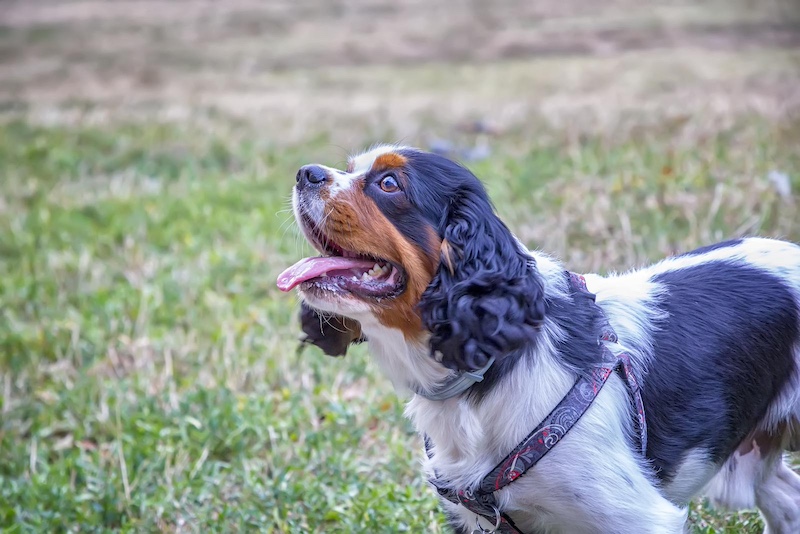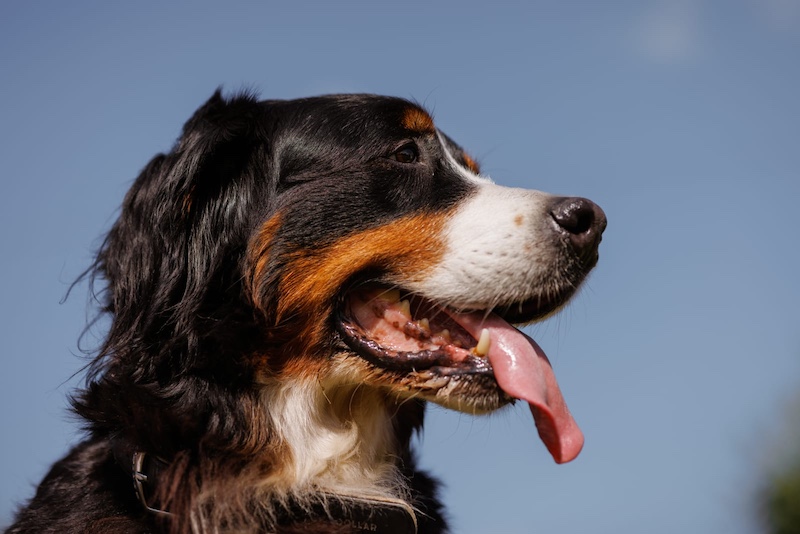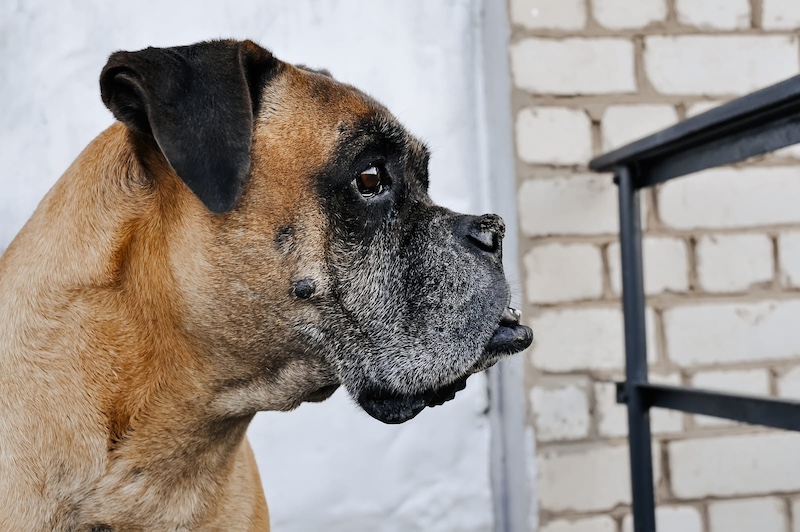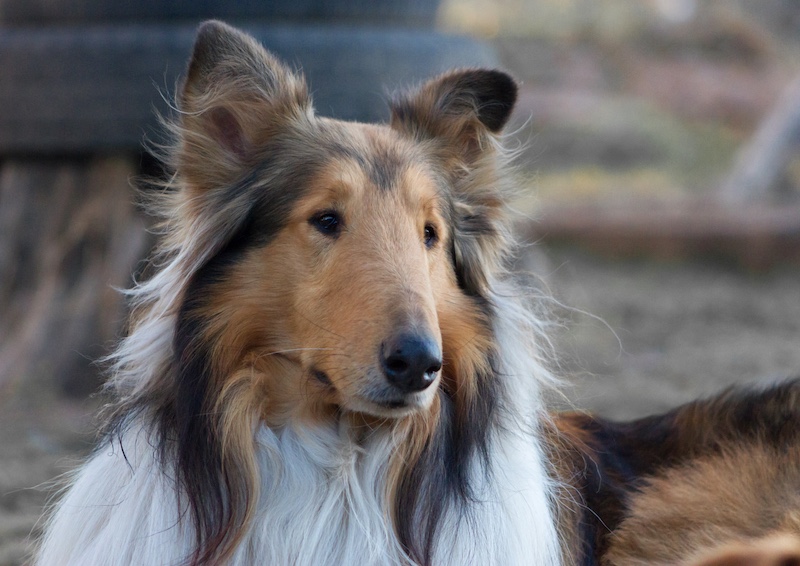Therapy dogs bring comfort, emotional support, and joy to people in various settings, from hospitals to schools to nursing homes. While almost any breed can become a therapy dog with the right training and temperament, certain breeds excel in this role due to their friendly, gentle, and adaptable nature. Here are ten dog breeds that are particularly well-suited for therapy work.
1. Golden Retriever

Golden Retrievers are one of the most popular therapy dog breeds due to their friendly, calm, and patient disposition. Their natural love for people and gentle temperament make them excellent at providing comfort and emotional support. Golden Retrievers are also intelligent and easy to train, which is crucial for therapy work.
2. Labrador Retriever

Like Golden Retrievers, Labrador Retrievers are known for their gentle and loving nature. Labs are highly sociable and often seek out human interaction, which makes them perfect companions for people in need of comfort. Their patient and calm demeanor helps them adapt to various environments, whether in a hospital, school, or therapy center.
3. Poodle

Poodles, especially the standard variety, are often used as therapy dogs due to their intelligence and hypoallergenic coats. They are quick learners, which makes them easy to train for therapy work. Poodles are known for their ability to bond with people and can adapt well to different settings, whether it’s a group of children or elderly patients.
4. Cavalier King Charles Spaniel

Cavalier King Charles Spaniels have a natural ability to sense emotions and respond accordingly, which makes them wonderful therapy dogs. Their affectionate, gentle, and calm personality helps them provide emotional support to those in need. Cavaliers are small in size, which allows them to be easily transported to various settings, including hospitals and nursing homes.
5. Beagle

Beagles are friendly, curious, and social dogs, making them a great choice for therapy work. Their small size and affectionate nature allow them to provide comfort to people in tight or more personal spaces, like hospital rooms. Beagles are also known for being highly adaptable, which helps them stay calm and focused in different environments.
6. Bernese Mountain Dog

Known for their calm and gentle demeanor, Bernese Mountain Dogs are excellent therapy dogs. Their large size and fluffy coat make them ideal for people who enjoy physical contact, like hugging or petting. Despite their size, Bernese Mountain Dogs are incredibly gentle and loving, providing both emotional comfort and a sense of security.
7. Greyhound

Greyhounds may surprise some people as therapy dogs, but their calm and laid-back nature makes them a great fit. They are naturally gentle and form strong bonds with their handlers. Greyhounds are especially good at staying calm in stressful environments, which is essential for therapy dogs working in hospitals or with children.
8. Boxer

Boxers are known for their high energy and playful personalities, but they also have a sensitive side that makes them ideal therapy dogs. Their loyalty and strong bond with humans allow them to be highly effective in providing emotional support. Boxers are especially good with children, making them great companions for pediatric therapy programs.
9. Collie

Collies are intelligent and gentle dogs that excel in therapy work, particularly because of their ability to understand and respond to human emotions. They are known for their loyalty and strong desire to please, which makes them easy to train. Collies are often used in settings where people need emotional comfort, such as therapy programs for trauma victims.
10. Shih Tzu

Shih Tzus are small, affectionate, and calm dogs that can easily adapt to therapy work. Their size makes them ideal for visiting patients in smaller or more intimate environments, like nursing homes. Shih Tzus have a naturally friendly and easygoing nature, making them great companions for people in need of emotional support. Please Note: This content was created with the assistance of AI and thoroughly edited by a human before publishing.

